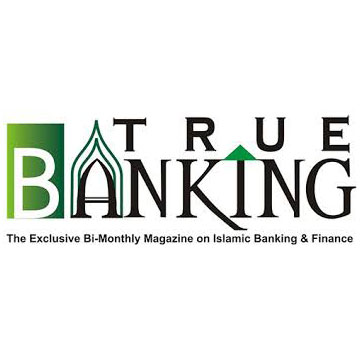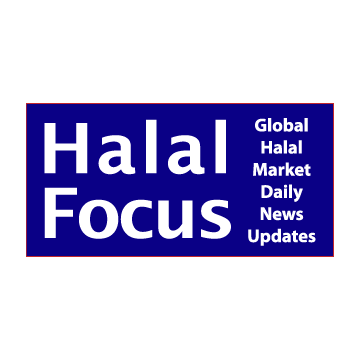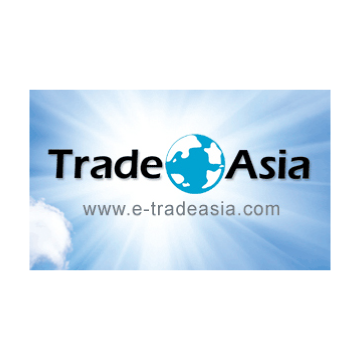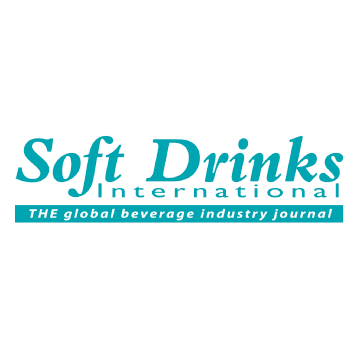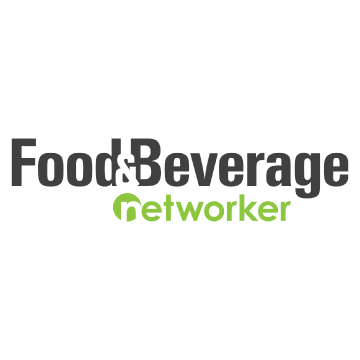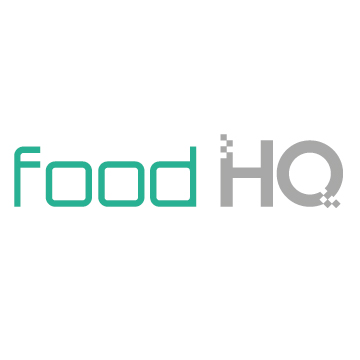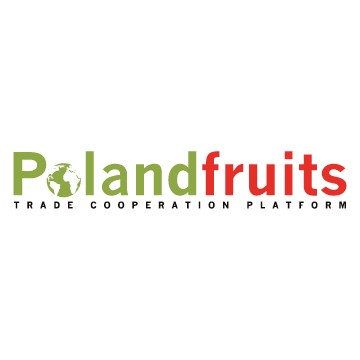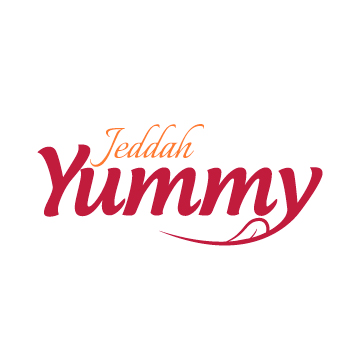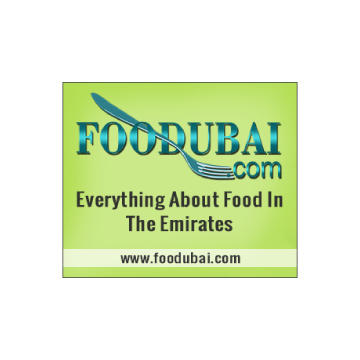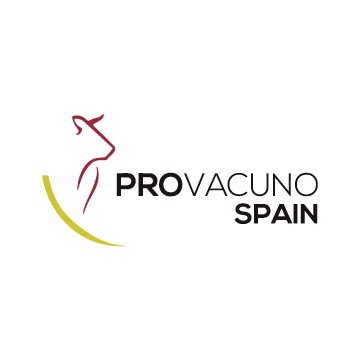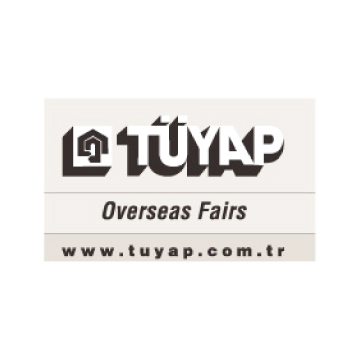China Wants to Feed the World’s 1.6 Billion Muslims
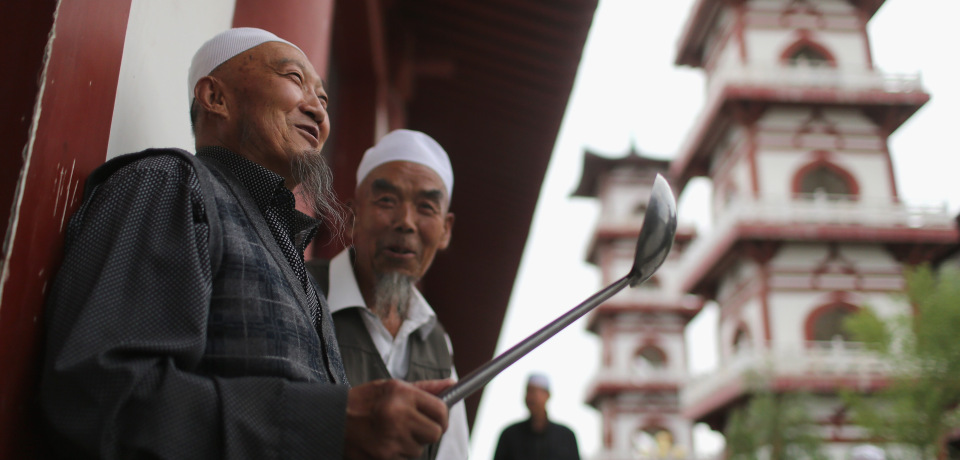
It’s hard to get far in the holy cities of Mecca and Madinah without somehow consuming China. Made-in-China trinkets of questionable quality dominate the wares of the hawkers who throng Islam’s major pilgrimage sites. Chinese-brand handbags, perhaps purchased at the local Carrefour, grace the arms of lower- and middle-class women. City residents pad around their homes wearing Chinese-made slippers and Chinese-brand pajamas, and using made-in-China water boilers to brew tea they serve from made-in-China tea sets. They blow their noses with Chinese-made tissues and pray on Chinese-made rugs.
But one major domain of mass consumption in Saudi cities remains largely untouched by the bountiful reach of China’s factories: the food aisles. This is true even though Saudi Arabia imports more than 90 percent of its food products. Biscuits from Europe, cooking oil from Malaysia, and tuna from Thailand fill up shelves in Saudi supermarket and convenience store shelves alongside locally made juices and canned meat. Yet China’s space on those shelves is negligible, limited mostly to the occasional packet of halal-certified gummy candy produced by a German-owned factory in the southern Chinese city of Shenzhen.
“Mecca is the center of the Muslim world,” Zhang Hongyi, general manager of Jingyitai Halal Food Co., based in the northwestern Chinese region of Ningxia, told the state-run Global Times in November 2014. “If we can tap into the market in Mecca, we would become trusted by Muslims all across the world, making it easier to enter other Muslim markets.”
![]()
“Trusted” is the key word in that sentence. China’s ability to ensure that goods made there end up in foreign hands is unparalleled — in Lesotho, a Catholic country with very few Muslims, cans of Chinese-made halal-certified fish packed in tomato sauce have reportedly shown up in remote locations accessible only by horseback. But despite a major government push, China’s halal industry remains a puny 0.1 percent of a world halal market that’s valued at more than $650 billion and is projected to reach up to $1.6 trillion within a few years. Huge growth is expected over the next several decades as the world’s Muslim population grows faster than every other major religious demographic, and as urbanization and rising incomes in developing countries with large Muslim populations mean that more of the world’s Muslims will be buying, rather than producing, their own food.
China should have the ability to become a major halal player, and not just because of the pot of gold up for grabs. While the country is a net food importer, it’s competitive in niche food markets. In the late 2000s, China was the fastest-growing exporter of kosher products in the world. With more than 500 kosher-certified factories around China, fully half of China’s food exports to the United States, the world’s largest kosher market, are kosher. It’s a remarkable accomplishment given that China has no indigenous Jewish communities. But China has a flourishing domestic halal industry of its own, valued at $20 billion, to serve its own Muslims, of whom there are about 23 million.
If China ever becomes a global halal titan, its effects would probably be most noticeable in Yinchuan, the windswept capital of Ningxia Hui Muslim Autonomous Region in China’s sparsely populated northwest. Although the city sports empty expo-sized mosques, and plaster-mold minarets atop blocky cement hotels, it also contains authentic Muslim heritage. Halal restaurants dot the city, women in headscarves and men in prayer caps stroll the sidewalks, and during Ramadan, the annual month of fasting, iftars are held around the city. The region’s Muslims, who have lived there for centuries, don’t speak Arabic, but the city’s street signs are written in both Chinese and Arabic, as if to welcome and comfort the hordes of foreign Muslim visitors who do occasionally materialize: Yinchuan’s annual China-Arab States Expo, first held in 2010, draws Arab dignitaries, officials, investors, and businessmen.
The annual influx has dramatically changed Yinchuan as well as Wuzhong, a smaller city about an hour’s bus ride away, where 80 percent of the population is Hui Muslim. Yinchuan is the capital of a tiny, remote, and poverty-stricken province, but nonetheless boasts a spacious, shiny new airport fit with restaurants and expensive shops. Business hotels have sprung up in the city center; some are Islamic-themed, replete with a mosque-domed exterior, prayer rugs and Qibla markers in each room, and young staff clad in brightly colored costumes and matching headscarves. There’s a new halal industrial park on the city’s outskirts, and government-sponsored trips send Chinese businessmen and owners of halal food companies to Gulf states.
In Wuzhong, a massive mosque complex resembling an expo center accommodates the annual influx of worshippers attending Friday prayer. Completed in 2011 and known as the Islamic Culture Center, it sits vacant most of the year, though its grounds play host to various city clubs, such as the Wuzhong Poker Association and the Wuzhong Model Art Troupe.
The bustle is part of a major Chinese government push to strengthen its ties with the Middle East and Central Asia. Since Chinese President Xi Jinping came to power in 2012, he has overseen an unprecedented government push to extend China’s economic and diplomatic reach through Central Asia to the Middle East, a group of initiatives collectively called One Belt, One Road. “Yinchuan has a very unique strategic importance for China’s economic and diplomatic outreach to Muslim-majority countries,” Wang Yuting, associate professor of sociology at American University of Sharjah in the United Arab Emirates, told me. “The government has been very supportive of the halal food industry in recent years,” Wang said, “contributing to [its] 10 percent annual growth rate.”
Beijing hopes to create national champions out of the hundreds of Chinese halal food companies already in operation. The industry is highly decentralized, with local companies, mostly without nationally recognized brands, serving pockets of Muslims thinly dispersed across the vast country. China lacks national halal standards – most certification occurs on the local or provincial level – and obtaining internationally recognized halal certification has posed a challenge. Malaysian halal certification is the gold standard, but globally, halal certification is still a new phenomenon. Many Muslim-majority Middle Eastern countries, such as Saudi Arabia, have poorly developed industrial sectors, and many halal consumers continue to rely on locally made products that they recognize and trust.
China has its own internal system for halal certification, but that doesn’t get its companies very far beyond China’s borders. That’s not surprising, given that China’s mostly domestic halal food industry has been plagued by scandal. In September 2013, Shaanxi provincial officials seized more than 40,000 pounds of meat, sold as beef but made using pork products. In May 2015, crowds vandalized a halal bakery after pork was found in its delivery van. And some Chinese companies have reportedly admitted to mislabeling their food with Malaysian halal certification to increase domestic sales. Ma Guoquan, a legislative delegate from the Muslim-heavy province of Ningxia,raised the issue during the country’s annual legislative sessions in Beijing in March, saying, “There are many problems regarding halal food management that can’t be ignored.”
It’s unclear whether non-Chinese Muslims are aware of these stories, but they also seem mistrustful of Chinese halal. In June 2014, for example, Malaysian newspaper columnist Azman Anuar urged his countrymen to avoid purchasing Chinese halal. “They [the Chinese] have long used Malay brands and Islam to make their products popular,” Azman wrote. “We, as Muslims, should start doubting chicken suppliers that are controlled by Chinese businessmen, especially in small cities. They say that the chicken was slaughtered by Muslims. Should we trust them completely?”
“The truth is that China is a non-Muslim country and its ruling party promotes atheism,” Zhang said in the 2014 Global Times interview. “Despite our assurances that we are a Muslim company and that we closely follow the doctrines of the Koran during our manufacturing process, [foreigners] distrust us and doubt our piety.”
They may have reason to do so; some Chinese halal entrepreneurs are terrible cultural diplomats. One morning in June 2015, I boarded a bus headed from Yinchuan to Wuzhong to meet the general manager of Ningxia Qiye Qing, a local company that turns Ningxia’s iconic gouji berries, known in traditional Chinese medicine for their health benefits, into a cloudy orange-colored bottled beverage. The drink is certified halal under Chinese certification, meaning it contains zero percent alcohol — a surprisingly difficult technological achievement for factory-processed juices, which usually contain alcohol in trace amounts.
The general manager, He Jun, directed me to meet him not at his factory and offices, but in the fancy restaurant of a nearby business hotel. The china setting at each place included a bottle of gouji juice next to a stemmed glass.
I asked He, a member of the dominant Han majority and not a Muslim, why he had decided to make his company’s products halal, at some expense. His company markets around the country, after all, not just in the largely Muslim population Ningxia. He said that the local government has special policies to support halal food companies. “It’s quite an opportunity,” he said. But when I asked him to outline the religious requirements a factory must meet to obtain halal certification, he referred me to his assistant. And while he boasted of all the international travel he had done, he seemed less than impressed by those he had met abroad. He said he once attended a conference in Riyadh on a trip sponsored by local Chinese authorities. A meeting was scheduled at 3 p.m., and the locals were all late. “Arabs are so lazy,” He complained.
As an export behemoth, China should be able to establish a foothold, if not dominate, the global halal market. But for that to happen, Chinese halal food companies will have to do a better job convincing the world’s Muslim consumers that their products, and their companies, are to be trusted.
Source: Foreign Policy, May 02, 2016
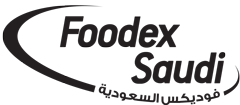
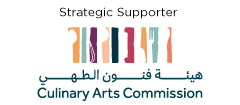

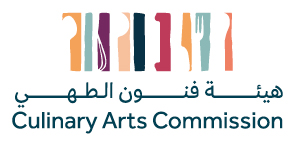



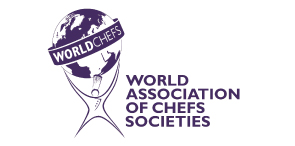
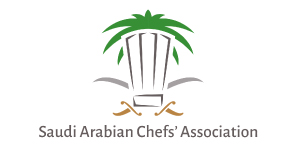



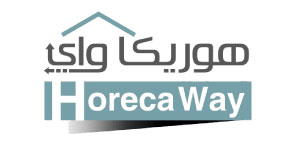

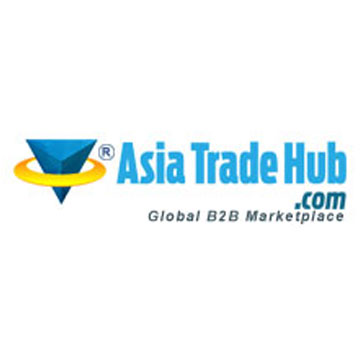
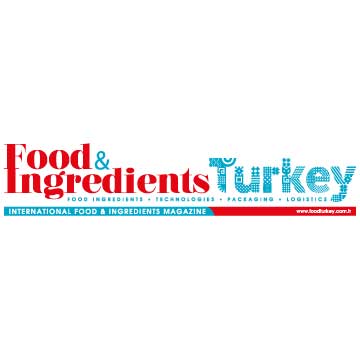
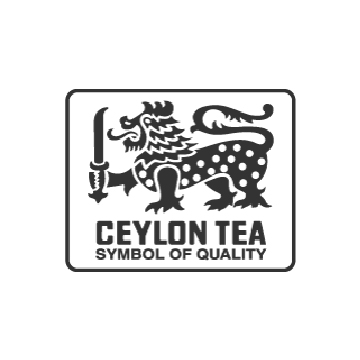

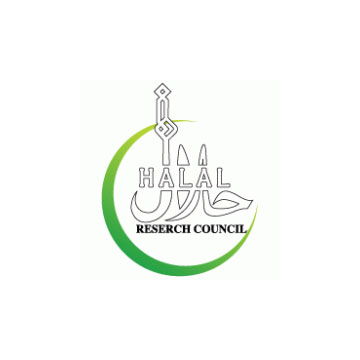
.jpg)
